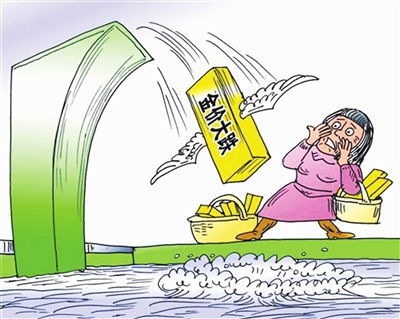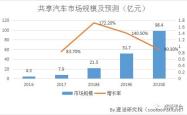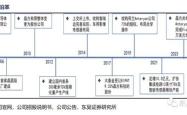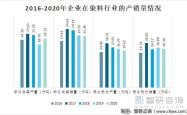中低风险型基金适合定投吗
Title: Understanding the Risks of DollarCost Averaging in Mutual Funds
Investing in mutual funds through a dollarcost averaging (DCA) strategy can be a prudent approach for many investors seeking to build longterm wealth. However, like any investment strategy, DCA carries its own set of risks. Let's explore these risks in detail:
Market Risk:
One of the primary risks associated with DCA in mutual funds is market risk. Since DCA involves regularly investing fixed amounts regardless of market conditions, investors are exposed to the fluctuations of the market. If the market experiences a downturn, the investor may end up purchasing fund shares at higher prices, resulting in a temporary decline in the overall value of their investment. However, it's essential to remember that market downturns are often followed by recoveries, and DCA can help investors take advantage of lower prices during these periods.
Volatility Risk:
Volatility risk is closely related to market risk but focuses on the degree of price fluctuation within the market. Mutual funds, especially those invested in stocks or bonds, can experience significant price swings over short periods. While DCA can help mitigate the impact of volatility by spreading out purchases over time, it does not eliminate the risk entirely. Investors should be prepared for fluctuations in the value of their investments, especially in more volatile markets.
Liquidity Risk:
Mutual funds, like any investment vehicle, may face liquidity risk, particularly during times of market stress. If a mutual fund experiences a large number of redemption requests from investors wanting to sell their shares, the fund may need to sell securities in its portfolio to meet these demands. This can lead to potential losses if the fund is forced to sell assets at unfavorable prices. While DCA can reduce the impact of liquidity risk by spreading out investments, it does not eliminate it entirely.
Interest Rate Risk:
For mutual funds that invest in fixedincome securities such as bonds, interest rate risk is a significant consideration. When interest rates rise, bond prices typically fall, and vice versa. Therefore, investors using DCA to invest in bond funds may be exposed to fluctuations in bond prices as interest rates change. While DCA can help mitigate interest rate risk by averaging out the purchase prices of bonds over time, investors should be aware of the potential impact of changing interest rates on their investment returns.
Manager Risk:
Another risk to consider is manager risk, which refers to the possibility that the fund's portfolio manager may underperform or make poor investment decisions. Even wellmanaged mutual funds can experience periods of underperformance due to various factors such as changes in market conditions or investment strategy. While DCA can help reduce the impact of poor performance by spreading out investments over time, investors should carefully research the track record and reputation of the fund's management team before investing.
Inflation Risk:
Inflation risk is the potential for the purchasing power of your investment to erode over time due to rising prices. While DCA can help mitigate inflation risk by continuously investing in the market, it may not fully protect against the effects of inflation, especially during periods of high inflation. Investors should consider investing in mutual funds that have historically outpaced inflation over the long term to preserve their purchasing power.
Currency Risk (for international funds):

If you're investing in mutual funds that hold assets denominated in foreign currencies, you're exposed to currency risk. Fluctuations in exchange rates can affect the value of your investments, potentially increasing or decreasing returns when converted back into your home currency. DCA can help mitigate currency risk by averaging out the impact of exchange rate fluctuations over time, but it's essential to consider the potential impact on your investment returns.
Conclusion:
While DCA can be an effective strategy for investing in mutual funds, it's essential to understand and mitigate the risks involved. By diversifying your investments, staying disciplined with your investment strategy, and focusing on the long term, you can help minimize the impact of market volatility and other risks on your investment portfolio. Additionally, consulting with a financial advisor can provide personalized guidance tailored to your individual financial goals and risk tolerance. Remember, no investment strategy is entirely riskfree, but by being informed and proactive, you can increase your chances of longterm investment success.
免责声明:本网站部分内容由用户上传,若侵犯您权益,请联系我们,谢谢!联系QQ:2760375052









